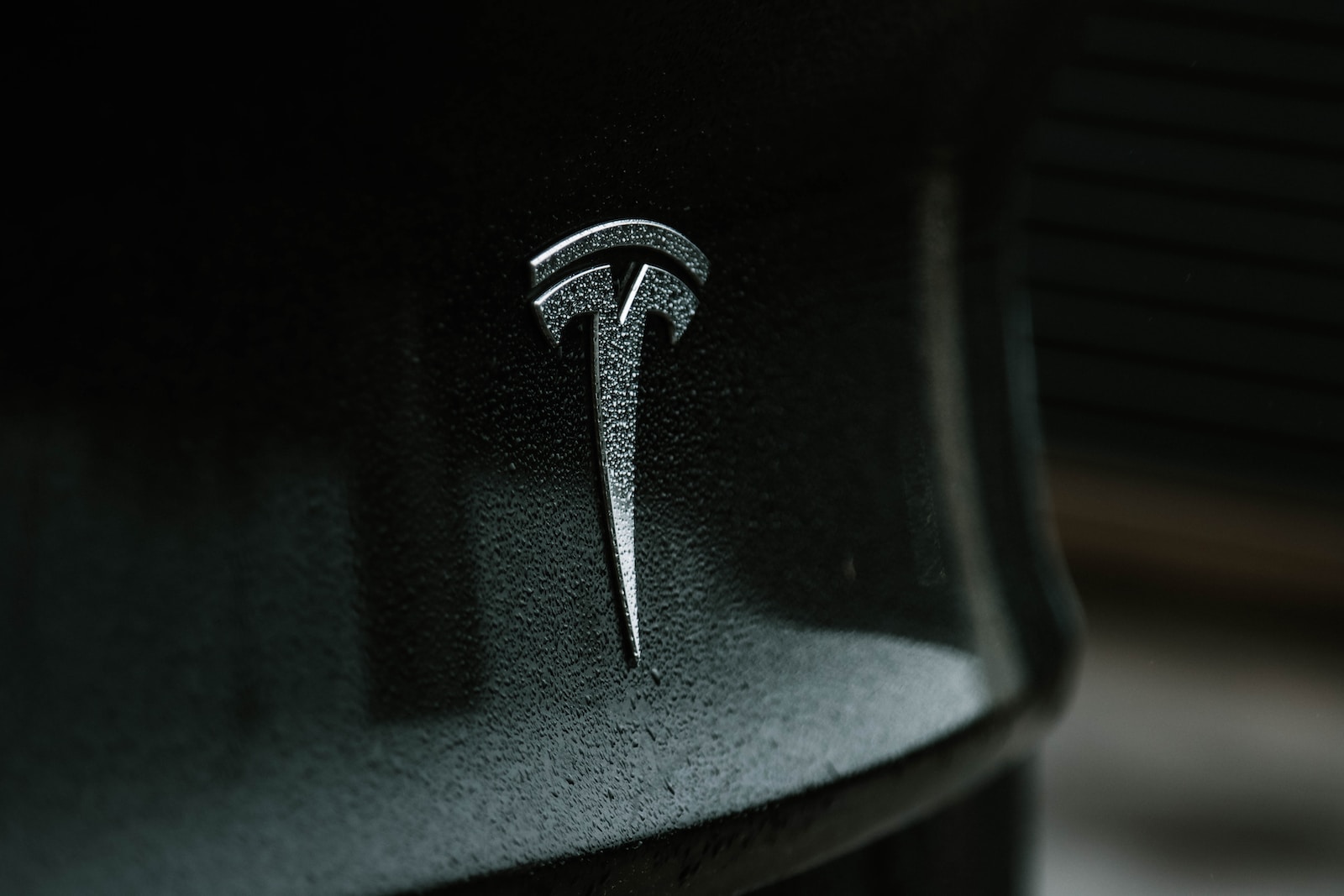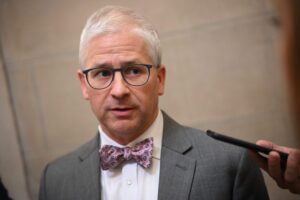Thursday, during an extensive conversation with Cathie Wood of ARK Investment Management, he lamented the onerous regulatory burden publicly traded companies must endure, the shareholder pressure that stifles efficiency, and the way in which passive investing fuels volatility.
Musk has lodged a multitude of complaints over the years regarding the disadvantages of utilizing public markets to finance a number of his numerous ventures. Regulators have occasionally encountered him in disfavour of the stringent nature of US securities laws; for instance, he engaged in a public dispute with watchdogs over remarks pertaining to Tesla Inc. Elon Musk additionally serves as the CEO of SpaceX, a corporation renowned for its immense value among closely held companies worldwide.
“A public corporation is under tremendous pressure to ensure that it does not experience a negative quarter. “Therefore, this may lead to a less streamlined operation in which significant effort is expended towards meeting expectations at the end of the quarter,” Musk explained during a Spaces discussion that was live-streamed on the social media platform X. The “time horizons of investors and the long-term vision of a company do not coincide.”
Musk and the Securities and Exchange Commission, which he renamed the “Shortseller Enrichment Commission” in 2018, have had prior conflicts. To resolve the agency’s complaints regarding tweets that suggested the billionaire was taking Tesla private, he consented to pay a $20 million fine in that year. He agreed, as a condition of the agreement, to delete any future tweets pertaining to his company using an internal monitor, also known as a “Twitter sitter.”
Musk subsequently acquired and renamed the social media platform X. He requested that the United States Supreme Court consider nullifying that requirement earlier this month, arguing that it violates his right to free speech.





